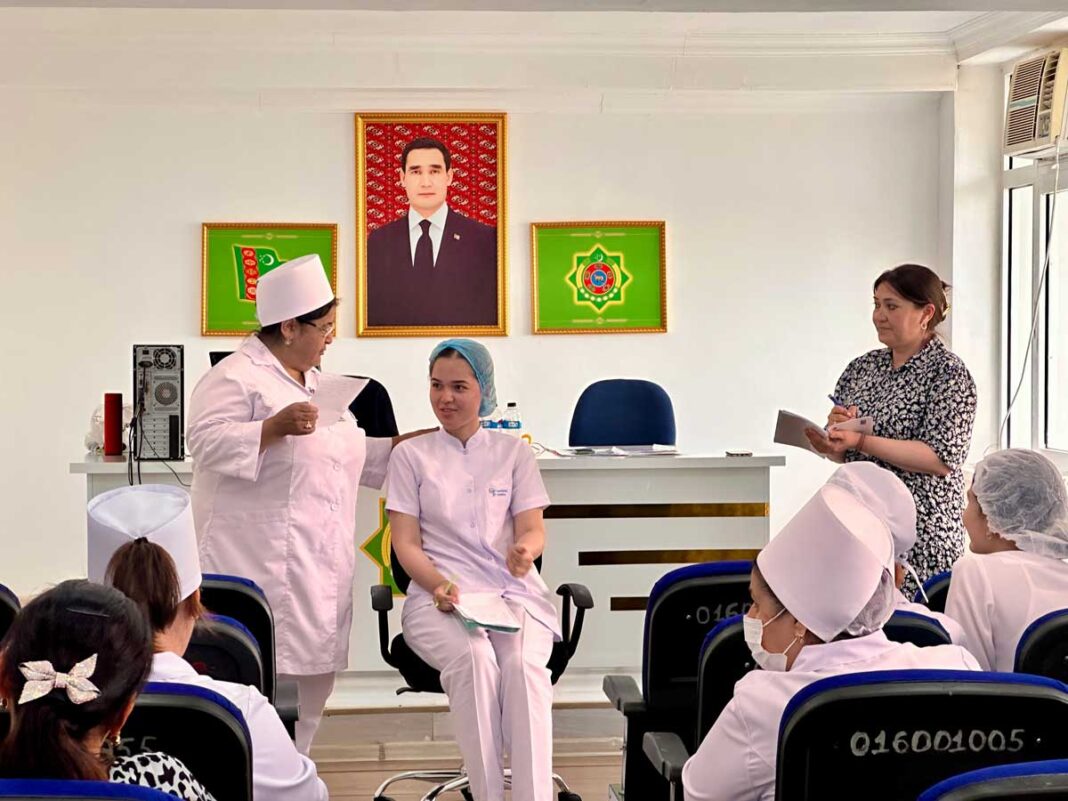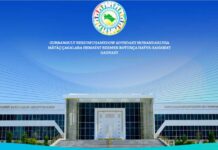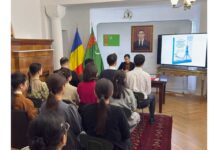Between 24 June 11 July, UNICEF organized a series of workshops across Turkmenistan to promote the use of positive and non-stigmatizing language in mental health services. The initiative was implemented under the framework of the Regional Mental Health Stigma Reduction Initiative, which brings together countries across Central Asia and Belarus to advance respectful and inclusive mental health care.
More than 200 health professionals took part in the two-day workshops held in Ashgabat, Ahal, Mary, Lebap, Balkan, and Dashoguz. The sessions aimed to strengthen participants’ understanding of how language shapes attitudes toward mental health—and how adopting inclusive, respectful communication can improve service delivery and build community trust.
Participants engaged in a dynamic and interactive programme designed to help them reflect on the power of language in shaping perceptions, behaviors, and treatment outcomes. Sessions included group activities to identify stigmatizing language and explore constructive alternatives, role-play exercises to practice communication in real-life scenarios, and discussions on community engagement strategies.
By promoting stigma-free language and inclusive communication, these workshops represent an important step toward building a health system that not only addresses mental health conditions but also fosters empathy, understanding, and trust between health workers and patients.
UNICEF remains committed to supporting national efforts to advance mental health and well-being for all—ensuring healthcare services are safe, inclusive, and accessible, especially for children, adolescents, and vulnerable groups.









